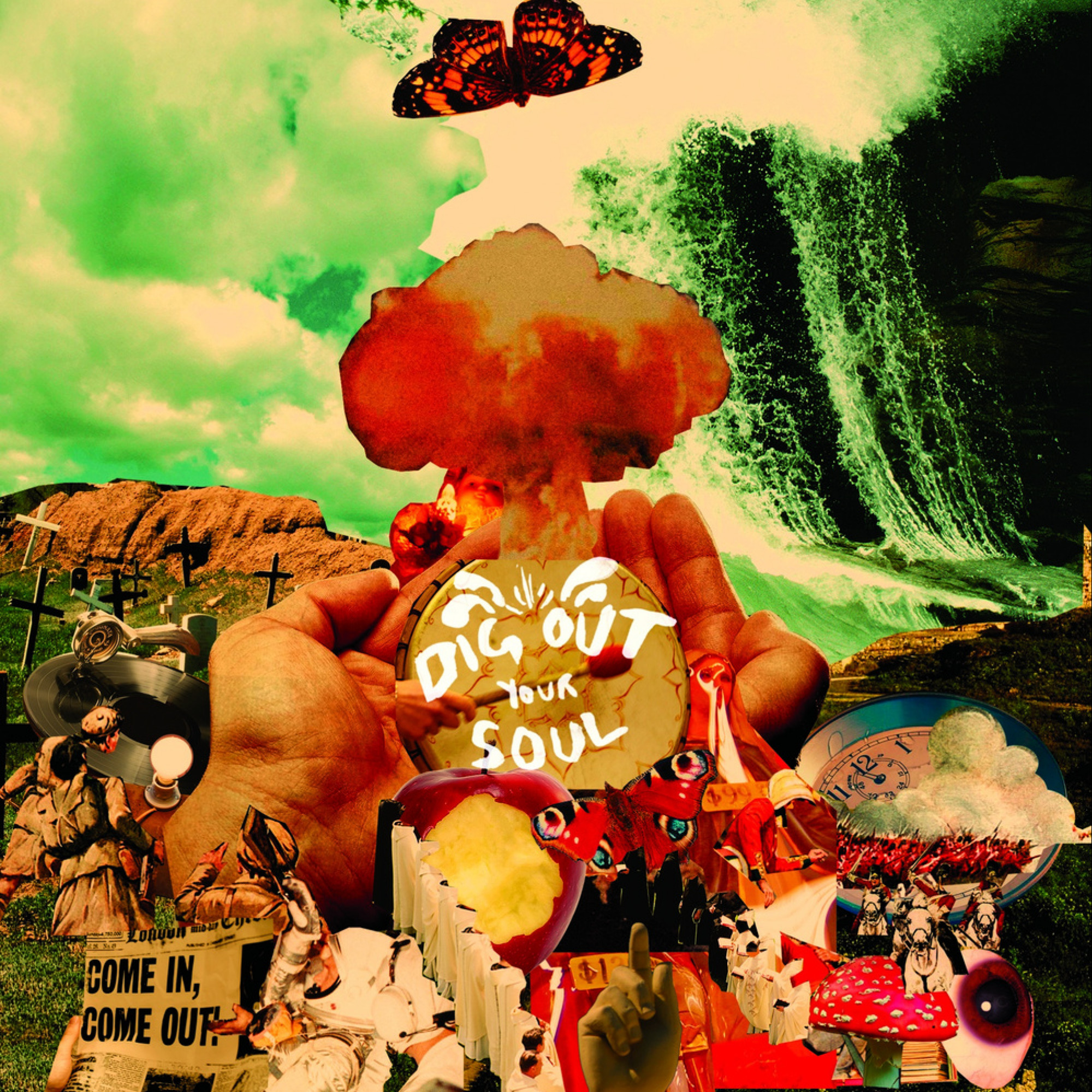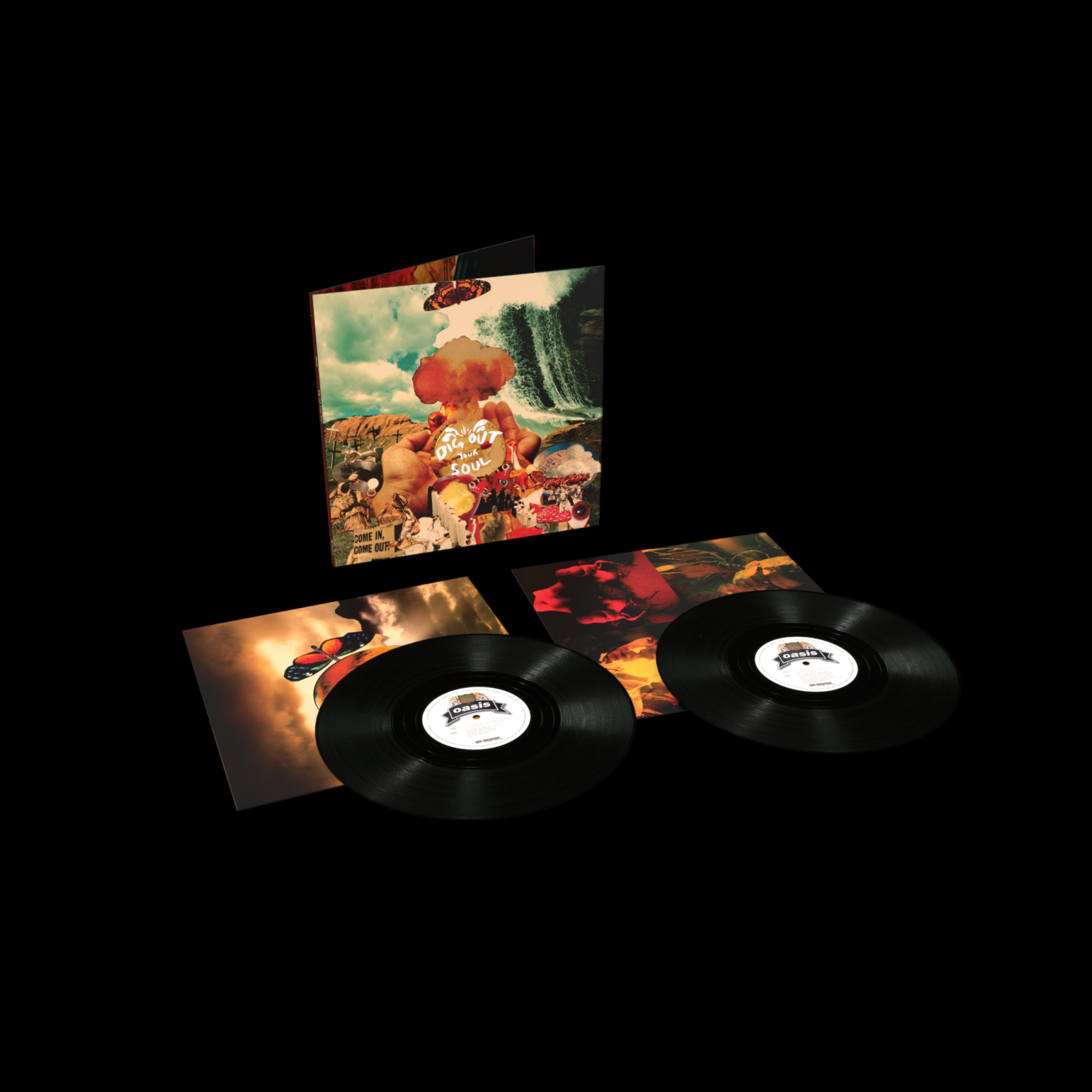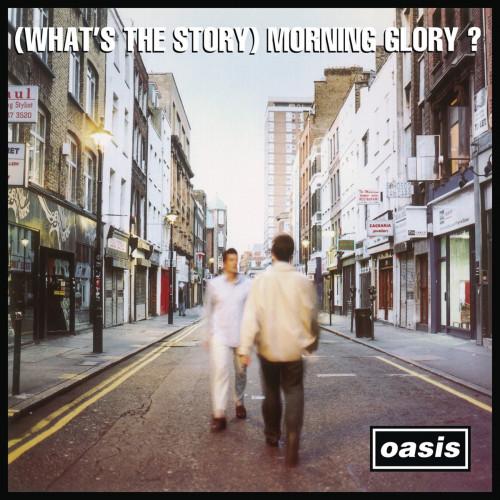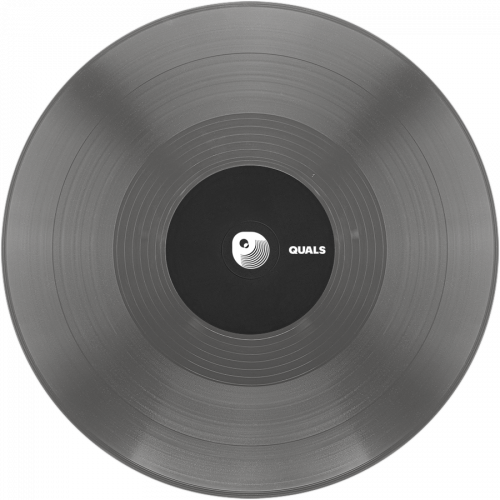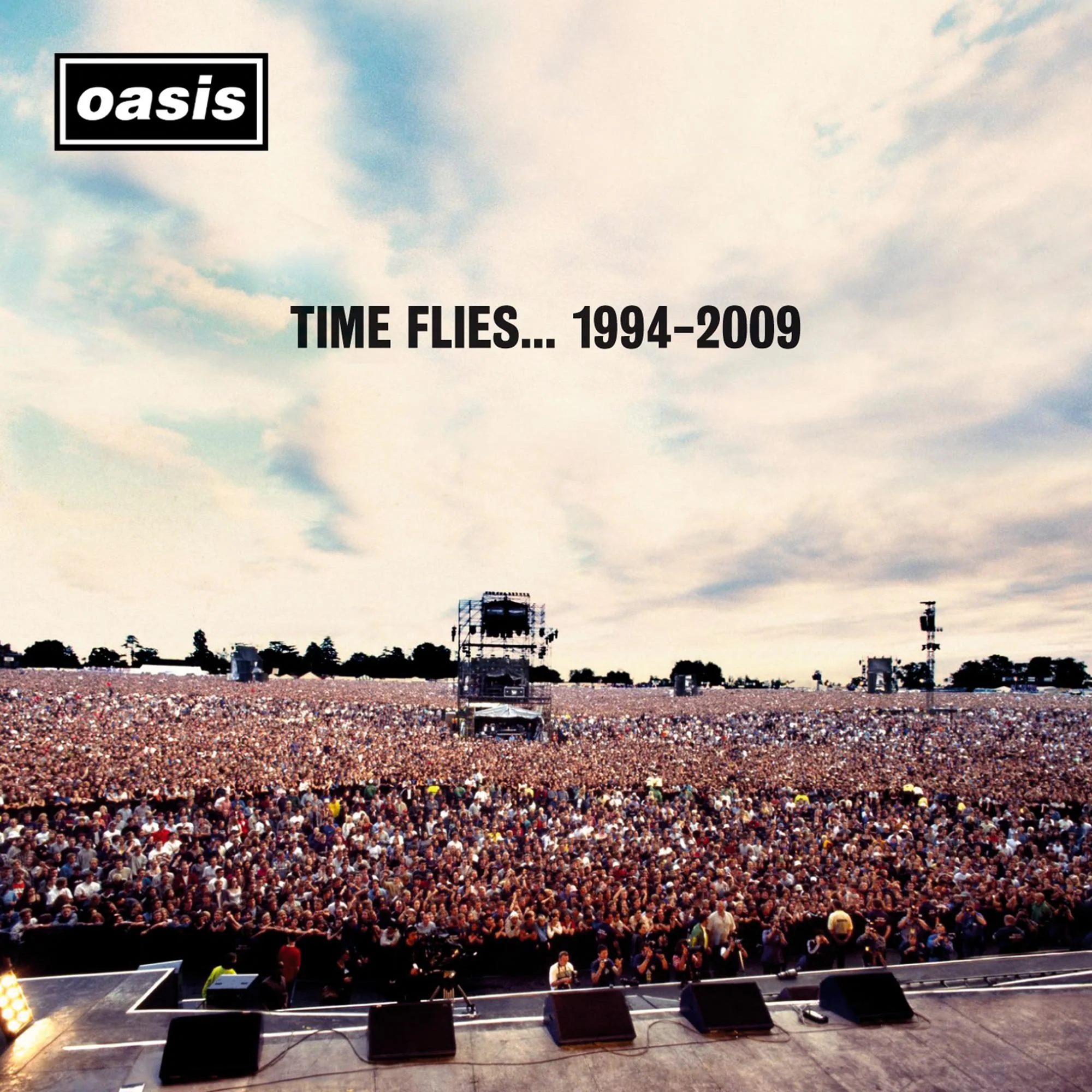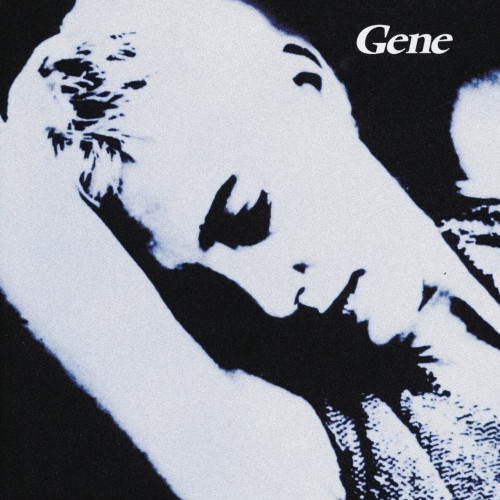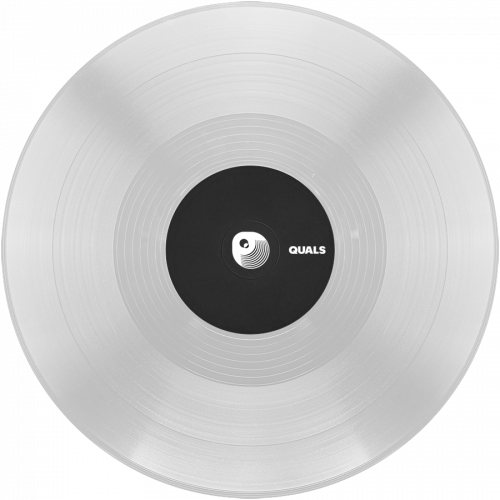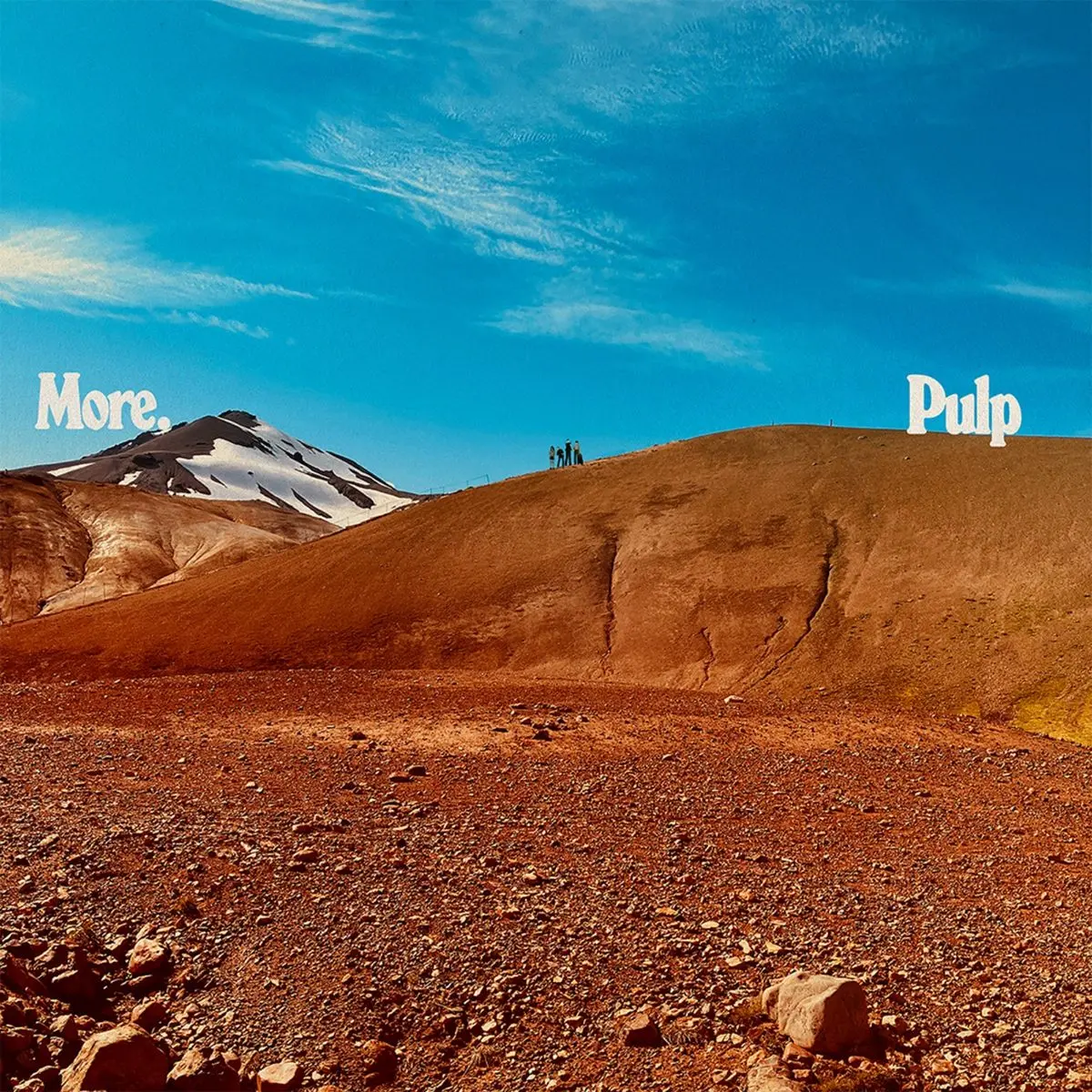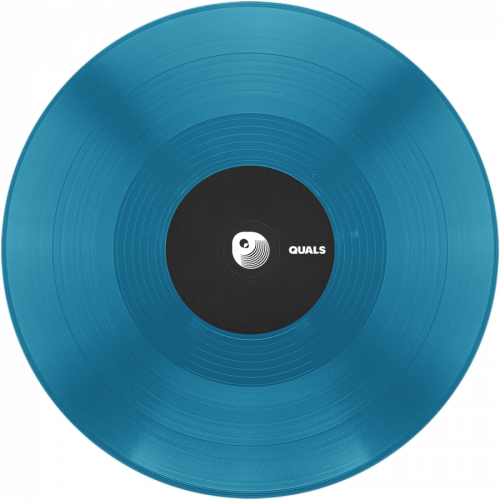Maturity always seemed an alien concept to Oasis. The brothers Gallagher may have worshiped music made before their birth but there was no respect to their love: they stormed the rock & roll kingdom with no regard for anyone outside themselves, a narcissism that made perfect sense when they were young punks, as youth wears rebellion well, but the group's trump card was how their snottiness was leveled by their foundation in classic pop. This delicate balance was thrown out of whack after the phenomenal success of 1995's (What's the Story) Morning Glory?, when the group sunk into a pit of excess that they couldn't completely escape for almost a full decade. When Oasis did begin to re-emerge on 2005's Don't Believe the Truth they sounded like journeymen, purveyors of no-frills rock & roll.
All this makes the wallop of 2008's Dig Out Your Soul all the more bracing. Colorful and dense where Don't Believe the Truth was straightforward, Dig Out Your Soul finds Oasis reconnecting to the churning psychedelic undercurrents in their music, sounds that derive equally from mid-period Beatles and early Verve. This is heavy, murky music, as dense, brutal, and loud as Oasis has ever been, building upon the swagger of Don't Believe and containing not a hint of the hazy drift of their late-'90s records: it's what Be Here Now would have sounded like without the blizzard of cocaine and electronica paranoia. Dig Out Your Soul doesn't have much arrogance, either, as Oasis' strut has mellowed into an off-hand confidence, just like how Noel Gallagher's hero worship has turned into a distinct signature of his own, as his Beatlesque songs sound like nobody else's, not even the Beatles. His only real rival at this thick, surging pop is his brother Liam, who has proven a sturdy, if not especially flashy songwriter with a knack for candied Lennonesque ballads like "I'm Outta Time." To appreciate what Liam does, turn to Gem Archer's "To Be Where There's Life" and Andy Bell's "The Nature of Reality," which are enjoyable enough Oasis-by-numbers, but Liam's numbers resonate, getting stronger with repeated plays, as the best Oasis songs always do.
- Stephen Thomas Erlewine - allmusic.com
